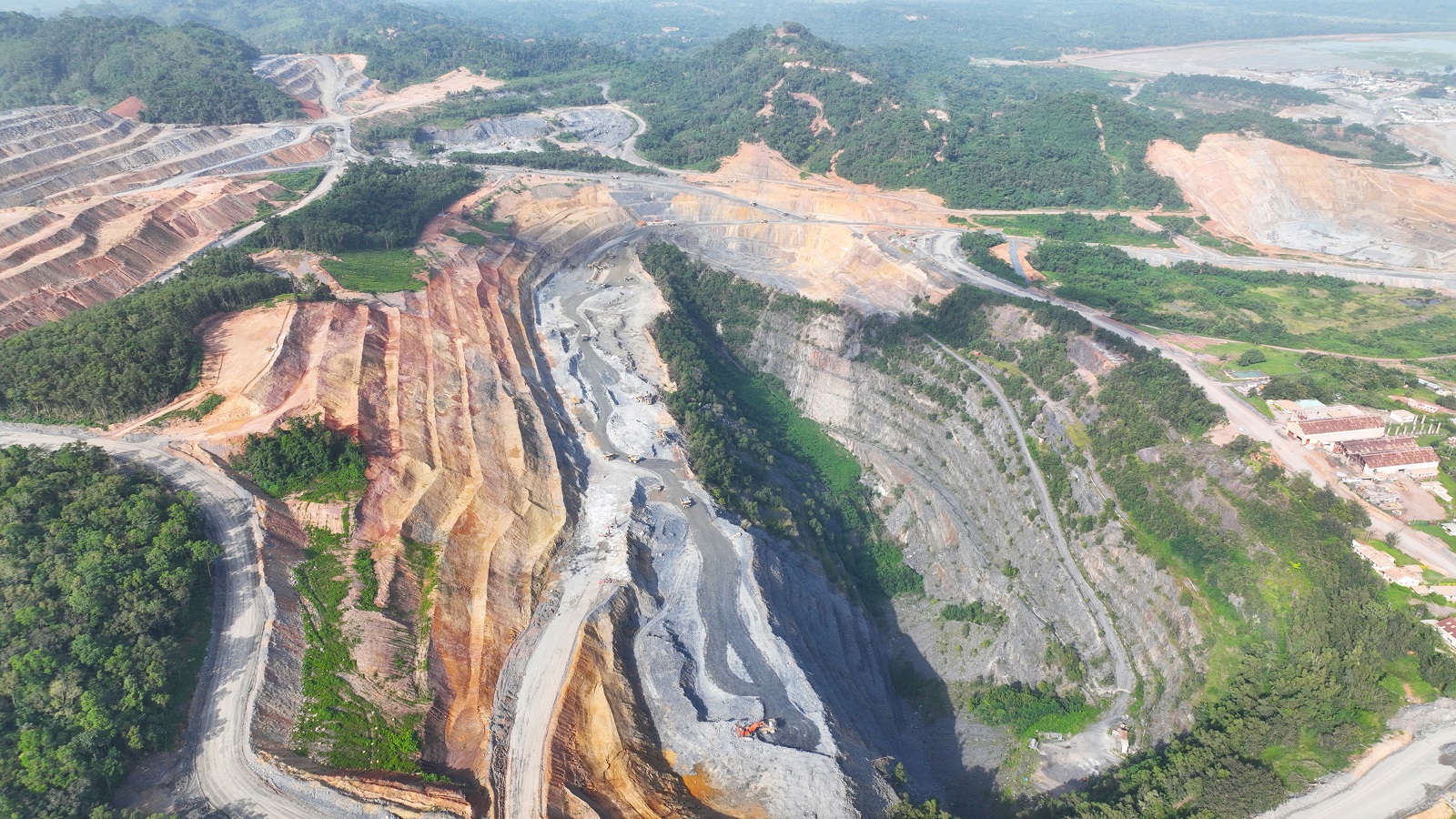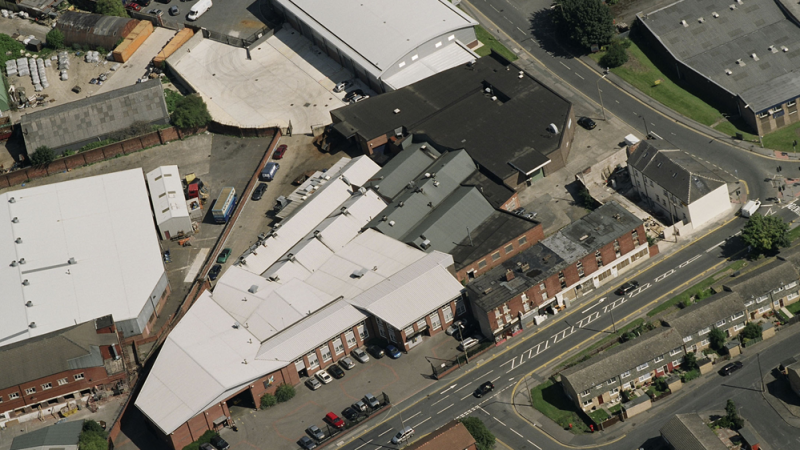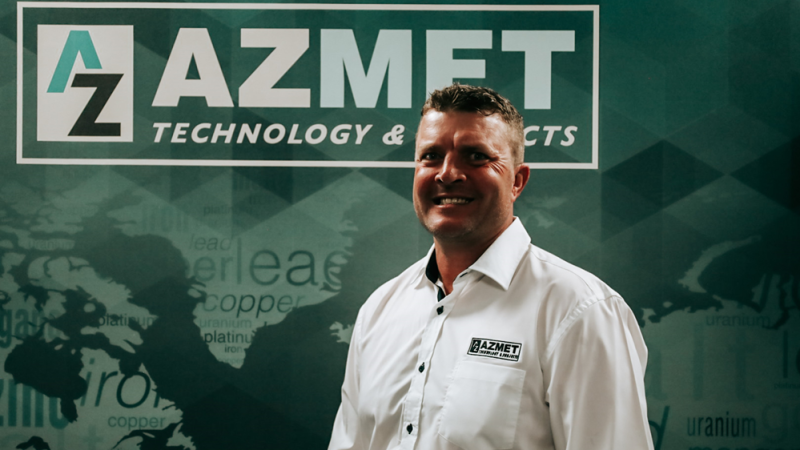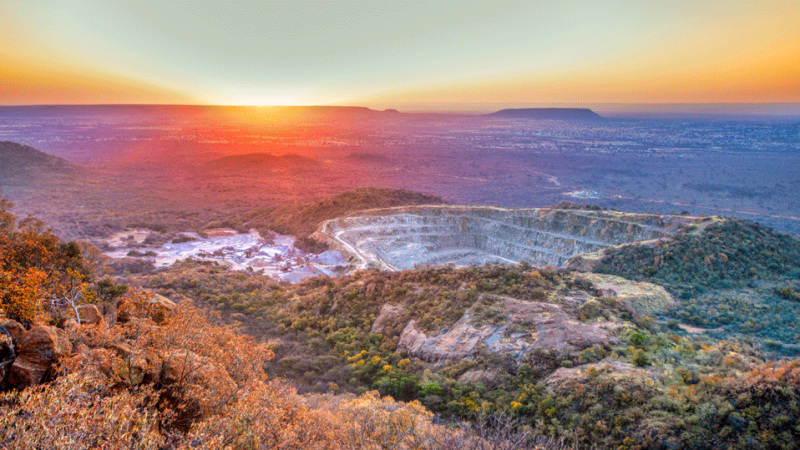Asante Gold was founded in 2011 as a grassroots exploration company. It started out by acquiring a few properties in Ghana, carrying out exploration with some success, and operated for a decade as a $10 million small market exploration company.
Then in March 2021, the company underwent a complete change in direction. Asante Gold began putting together its own projects to become a gold production company.
“I was contacted and asked to look at the Kubi project and how to bring it to production,” says Dave Anthony, President and CEO of Asante Gold.
In July of that same year, Asante Gold had the opportunity to acquire the Bibiani Gold Mine from Resolute Mining for $90 million.
“We put together a project execution plan and closed the deal in August, and announced we would begin producing in the third quarter of 2022 following a full refurbishment of the mine,” Anthony tells us. “We produced gold for the first time in July 2022, and on the way acquired the Chirano Gold Mine from Kinross. Together, those two mines control 53 kilometres of the Sefwi gold belt.”
Asante Gold went from producing zero to 400,000 ounces of gold in the space of 14 months.
“It’s been a lot of fun,” Anthony recalls. “This time last year we had a staff of four or five people in the office, with about 250 people at Bibiani. Now we have a staff of over 500 between the Accra office & two producing mines”
Retaining Ghana’s Wealth
Asante Gold’s success story may not be unique in a region filled with profitable gold mining sites, but what makes Asante stand out is that it is a fundamentally Ghanaian enterprise.
“If you look at mining, it’s a colonial business,” Anthony admits. “You have companies in Toronto, Sydney, and London, going around the world finding resources, developing mines and infrastructure, building good community relations and sustainability initiatives but even then, the wealth goes to some other place.”
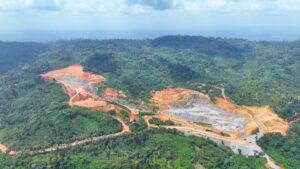 Asante Gold is something different. A Ghanaian mining company with only four ex-pats employed throughout the entire business. 45% of the company’s shareholders are Ghanaian, a mix of high-net-worth individuals and national institutional funds. Asante Gold is listed on the CSE and will soon be listed on the TSX.
Asante Gold is something different. A Ghanaian mining company with only four ex-pats employed throughout the entire business. 45% of the company’s shareholders are Ghanaian, a mix of high-net-worth individuals and national institutional funds. Asante Gold is listed on the CSE and will soon be listed on the TSX.
“We are fully committed to developing a different model in the mining business,” Anthony insists. “With this company, more than half the wealth generated from the mine will stay in Ghana, while the mine will also generate economic spin-offs. We are creating a national, not colonial model of mining.”
From Anthony’s perspective, it is only fair that Ghana retains as much of the wealth resulting from its mining industry as it can. Not only does the country have a tremendous amount of untapped mineral resources, but it also has a longstanding mining industry infrastructure in place and a huge reservoir of talent and knowledge among its people.
“When I talk to people about doing business here, they will say ‘How did you get that processing plant and infrastructure refurbished from the bolts up in such a short period of time?’” Anthony says. “The answer is, in Ghana they have been practising modern mining for 100 years. The country has two mining universities and an abundance of machine shops and maintenance services aimed towards the mining industry and oil sectors.”
The rich infrastructure supporting the mining industry in Ghana meant that Asante Gold could take their motors and gear drives and send them off to be refurbished at facilities in Ghana, only 200km away. It means that equipment can be sent away, worked on, then returned and back in service within two weeks.
“Anywhere else in Africa those equipment pieces would need to be put on an aeroplane, would have to go through customs, and might not be back until two months later,” Anthony explains. “We can get things moving quickly. The company has been nimble in terms of taking advantage of opportunities. I have a lot of experience in Africa, and I find Ghana very straightforward. We have had support from governments, regulators, and the business community.”
A Proactive Team
Being a proudly Ghanaian company means that Asante Gold is the first port of call for Ghanaian talent.
“People want to work for a Ghanaian company, not just another multinational because they are proud people,” Anthony says. “Bibiani is an interesting case because for that project we hired our team person-by-person over less than 12 months.”
This rapid approach to hiring was key to bringing Bibiani into production so quickly.
“Why wait until tomorrow to do what you can do today,” Anthony says. “We are assertive in communicating our expectations for quality and price, and schedule. This is not a casual approach to doing business. We like people to work to define success, define resources, initiatives, and timeliness to achieve that success. People need to be team players and accept responsibility.”
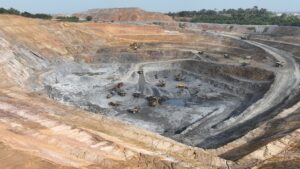
It is not a perspective shared universally across the mining sector.
“In Canada, I found there were a lot of people who were very comfortable in a process-based, bureaucratic environment with a huge network to produce over a period of time. That doesn’t work for me,” Anthony says.
As well as drawing on Ghanaian talent within the company, Asante Gold has also benefited from working closely with other Ghanaian businesses. Anthony speaks particularly highly of Ghanaian mining services company, PW Mining.
“PW Mining has done excellent work and given us great support,” Anthony points out. “We are very pleased with them.”
Working with firms like PW Mining and the local community, Asante Gold has been able to establish a detour road that extends around Bibiani’s main pit, using local contractors. This allows access to the heart of the ore body.
“These guys are just amazing, working 24/7,” Anthony tells us. “This is unusual but they are getting through the programme to get that part of the job done on time.”
Anthony cannot speak highly enough of the level of support mining operations receive in Ghana.
“We have seen so much support from every level of government. Getting permits and regulators on board is sometimes painful, but here it has been process- and schedule-driven. It has been great,” he says.
With that support behind it, Asante Gold is now looking for ways to add value to its existing mining projects.
“There are things we are doing to increase recovery from 86% to 92%, taking throughput to 3 or 4 million tons,” Anthony says.
Asante Gold is preparing to bring underground development at Bibiani on stream in late 2024, with production expected to reach levels of over 550,000 ounces by Q4 2026.
“In 45 years, I’ve never shut down a mine,” Anthony tells us. “Shutting down a mine is not what I consider to be fun. So, when we evaluate an acquisition opportunity, we look at how we can add value.”
